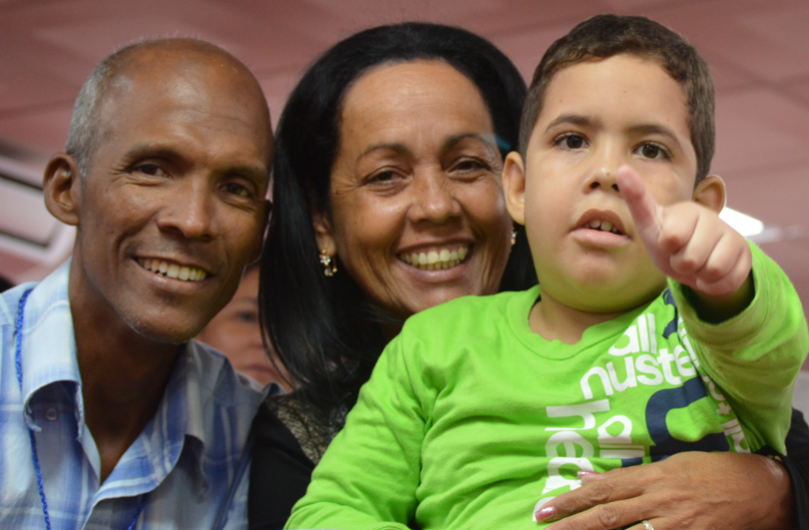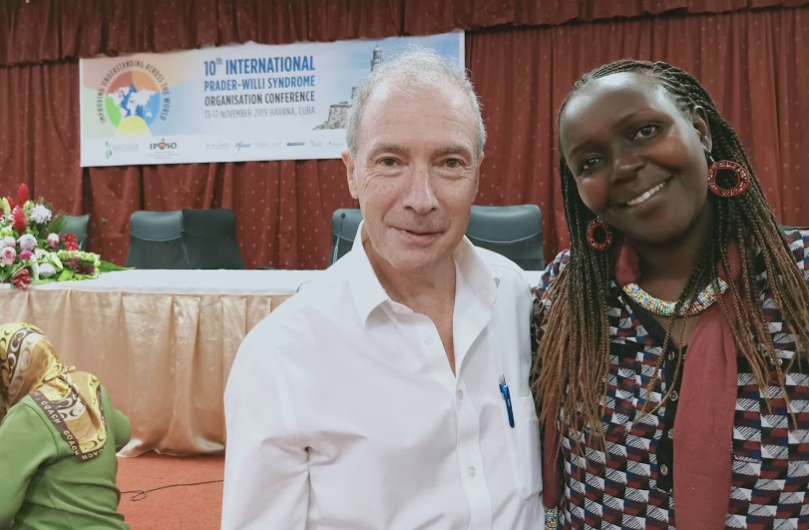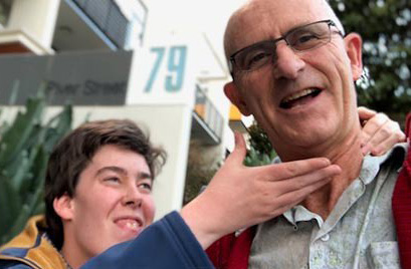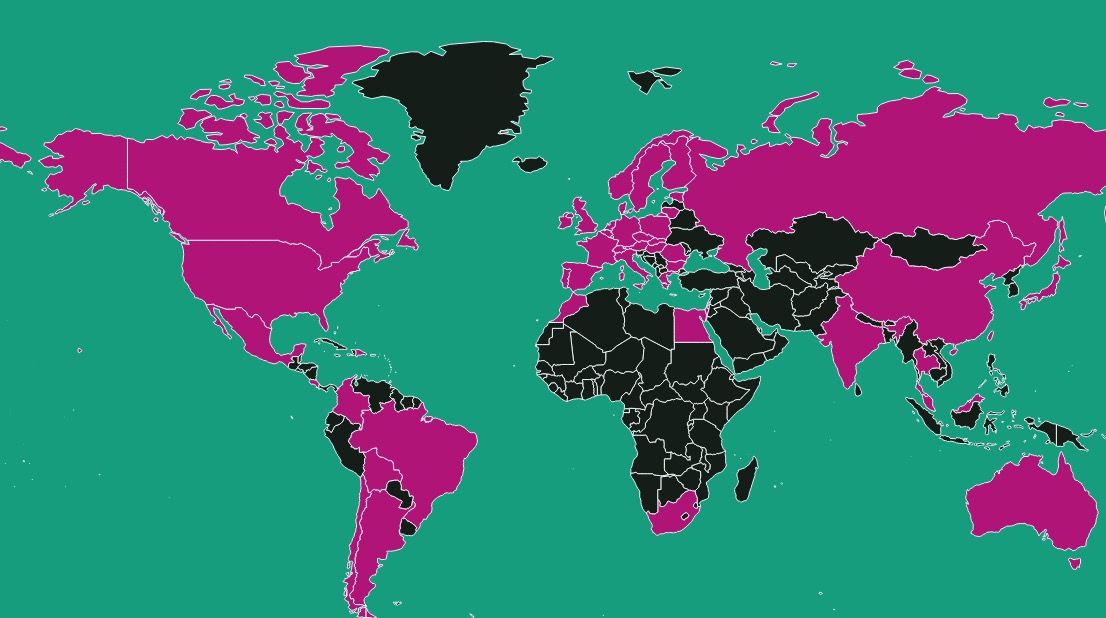Sexual Development
Without sex hormone therapy, sexual maturity in PWS does not fully develop. The child with PWS will begin puberty, usually around the age of 10-12, but not complete it. Known as ‘precocious puberty’ there will be a development in body hair, some breast development in girls and a degree of penile development in boys. Menstruation, if it occurs at all, is often scanty and irregular – although some females do have regular periods, often beginning later in their 20’s. However, with sex hormone treatment, both girls and boys will develop some physical maturity.
Fertility
Until recently there were no known cases of either men or women parenting children. However, the first two cases of live births to women with PWS were reported in 1999 and there have been two more since then; one a normal birth, the other resulting in a child with Angelman’s Syndrome.
Theoretically, the chances of a fertile woman with PWS having a healthy baby depend on what genetic type of PWS she has. A woman with maternal disomy is likely to have a healthy baby, everything else being equal. A woman with a deletion has a 50% chance of having a baby with Angelman syndrome. A man with maternal disomy theoretically might father a child who is healthy, everything else being equal. A man with a deletion has a 50% chance of fathering a baby with Prader-Willi Syndrome. There are no known cases, yet, of a male with PWS fathering a child.
Sex Hormone Treatment
It is recommended that you make an appointment to talk to an endocrinologist about sex hormone treatment. Generally, testosterone is given to boys to increase penile development, voice deepening, and growth of body hair. It has been thought to also increase aggressiveness, but with the guidance of your endocrinologist this can be monitored successfully.
For girls, estrogen therapy will increase breast growth, pubic hair growth, and start a normal cycle of menstruation. It is recommended for bone strength and to help avoid osteoporosis.
Both these treatments encourage a sense of normalcy within their peer groups and is generally recommended by endocrinologists.
Sex Education
From a parent’s point of view, this is not an easy subject for many reasons. We are told that the young man with PWS is infertile and will never be able to father a child; and until recently, we thought that the females would not conceive, nor would they ever menstruate fully – so why bother with sex education if it won’t be needed; it seems cruel to point out the obvious, so why not forget about it? However, it is important to the teenager with PWS that she or he is treated the same as his or her peers and not isolated at school, or made to feel different. Although sexual development may be slow in a person with PWS, their capacity for affection, desire for a sexual or marital relationship can be quite normal. Most females with PWS want more than anything to have their own baby and will fantasise about boyfriends, marriage and raising babies.
Education at Schools
Schools generally have comprehensive sex education programmes in their curricula starting at age-appropriate levels and covering all aspects from health care, self-awareness, self-defense, safety, sexuality and reproduction. Together with the school, a comprehensive programme on sex education can be worked out at a level of understanding and safety.
Whether you decide to let a school teach sex education, or you decide to do it yourself, it is important to describe the differences between PWS and others. Greenswag et al states “most individuals with PWS tend to remain just as impressed by seductive, sexually suggestive media advertising as the normal population. They also watch their normal siblings grow up and participate in family life cycle events where sexual expression of some sort is at least an implied activity.”
Differences
During the school years, children with PWS are frequently mainstreamed into physical education classes where budding sexuality is highly visible. The discrepancies between sexually underdeveloped teenagers with PWS who tend to be somewhat awkward, socially immature, and emotionally labile and normal adolescents are quite evident. Few will develop the cognitive capacity required for more mature relationships but their sensitivity to being “different” does not diminish.
Sex Drive
Anecdotally, it would appear that teenagers with PWS have a sex drive that would encourage them to at least mimic their peers and, being naturally affectionate, kissing and cuddling would come easily to them. It seems to be done with an air of innocence or naivety which is fine for those understanding the syndrome, but could lend itself to situations of abuse if misunderstood.
Fantasies
Girls with PWS are often pre-occupied with wanting to have a baby. They fantasize about having boyfriends and getting married without worrying in the least about any of the consequences. Boys, likewise, are affectionate, want to have girlfriends, talk about sex and seem aware of their sexuality, but again in a way that is naieve and open to misinterpretation.
Understanding
It is suggested that there are four major dimensions to helping a person with PWS understand their sexuality. Understanding the characteristics of PWS is essential, along with acknowledging that the potential for sexual activity exists.
The collaboration of parents with professionals to nurture sexual awareness in youngsters with PWS, legitimises the process. In other words, if the young child sees and hears the same story from counsellor (or school) and parents, then they can accept that what they are hearing is ‘ok’. This acceptance will play a major role in if, how, when and where this human sexuality is expressed.
The need for honest, uncomplicated sex education programmes that incorporate discussion of appropriate sexual interactions.
Also, we need to understand that the very nature of those with PWS can leave them open to becoming victims of sexual abuse. Prevention of sexual abuse of individuals with PWS is no small task. The difference between ‘good touch’ and ‘bad touch’ should be emphasised to the children and periodically reinforced. Children need to be taught that it is all right to say ‘no’ to an adult and that physical and emotional limits need to be reinforced. Reduction of sex role stereotyping, particularly submissiveness or passivity, is also important. It is essential that children and teenagers know that any of their concerns or fears will be carefully heeded and that ‘secret’ behaviour is to be avoided.
We must recognise that despite their lack of sexual maturity, individuals with PWS are not asexual. They have drives and interests, and most significantly, will develop strong gender role identification. Individual family, religious and social values play a major part in how their sexuality is expressed.
Although the average age at which most developmentally disabled individuals reach physical maturity is essentially the same as normal pubescence, sexual maturation in PWS (without hormone treatment) is usually indefinitely delayed. The sexual activity of most individuals with PWS is basically exploratory and innocent in nature. Many individuals with PWS have difficulty in expressing their feelings appropriately, regardless of the extent of their verbal skills and any obvious expression of inappropriate sexual behaviour in public is often a failure to understand what is acceptable public social conduct.
Marriage & Partnership
It is becoming more common and very acceptable for people with PWS to date, become engaged, and to marry others (with or without the syndrome), and with the right kind of support and loving environment there is no reason why this can not be a successful partnership. Living together, fully supported by an empathetic service-provider who is trained in the specialities of PWS, is very achievable. There are several examples of married couples (either one, or both having PWS) in the world today.
Support
Finally, we need to recognise that ongoing support is essential. When encouraged to deal with the realities of their sexual limitations early in life, most can learn to adapt. Adolescents with PWS often express a desire for companionship and dating and may either ask or infer sex-related questions and thinking, but they still have the same needs for intimacy, privacy and relationships as anyone else.
If intercourse is practiced, then safe sex must be taught. The chances of pregnancy where sex hormone treatment has established a normal menstrual cycle, are just the same as the next person.
Parents and provider should:
- understand that most ‘know that they are different’ and that this ‘differentness’ increases stress during adolescence.
- Recognise that many individuals with PWS have the capacity for some measurement of sexual expression.
- Acknowledge that society currently accepts females in non-maternal roles and some partners remain childless voluntarily.
- Teach persons with PWS to be responsible for their public and private sexual activities.
- Teach safe sex for both partners if there is sexual intercourse practiced.
- In the final analysis, it should be emphasised that the inability to develop a traditional sex life does not mean that individuals with PWS are less male or less female; their capacity to be sociosexual beings is not diminished.
< Back to Information for Families
International Community
IPWSO was established so that PWS associations, families, clinicians and caregivers around the world could exchange information and support and have a united global voice under one umbrella.
Information for Medical Professionals
The latest medical and scientific research and information, plus guides into common medical issues affecting people with PWS.
What is PWS?
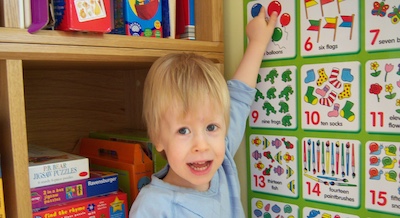
Prader-Willi syndrome is a complex genetic condition. Various studies have shown that between 1 in 15,000 to 25,000 children are born with Prader-Willi syndrome and it affects all races and both sexes equally.
Free Diagnosis
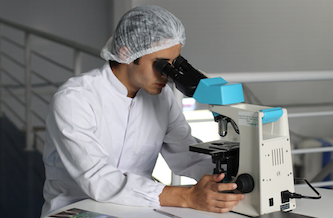
If you suspect your patient has Prader-Willi syndrome, based on the clinical signs and symptoms, but are unable to access testing in your country, then you may be able to access free testing.

